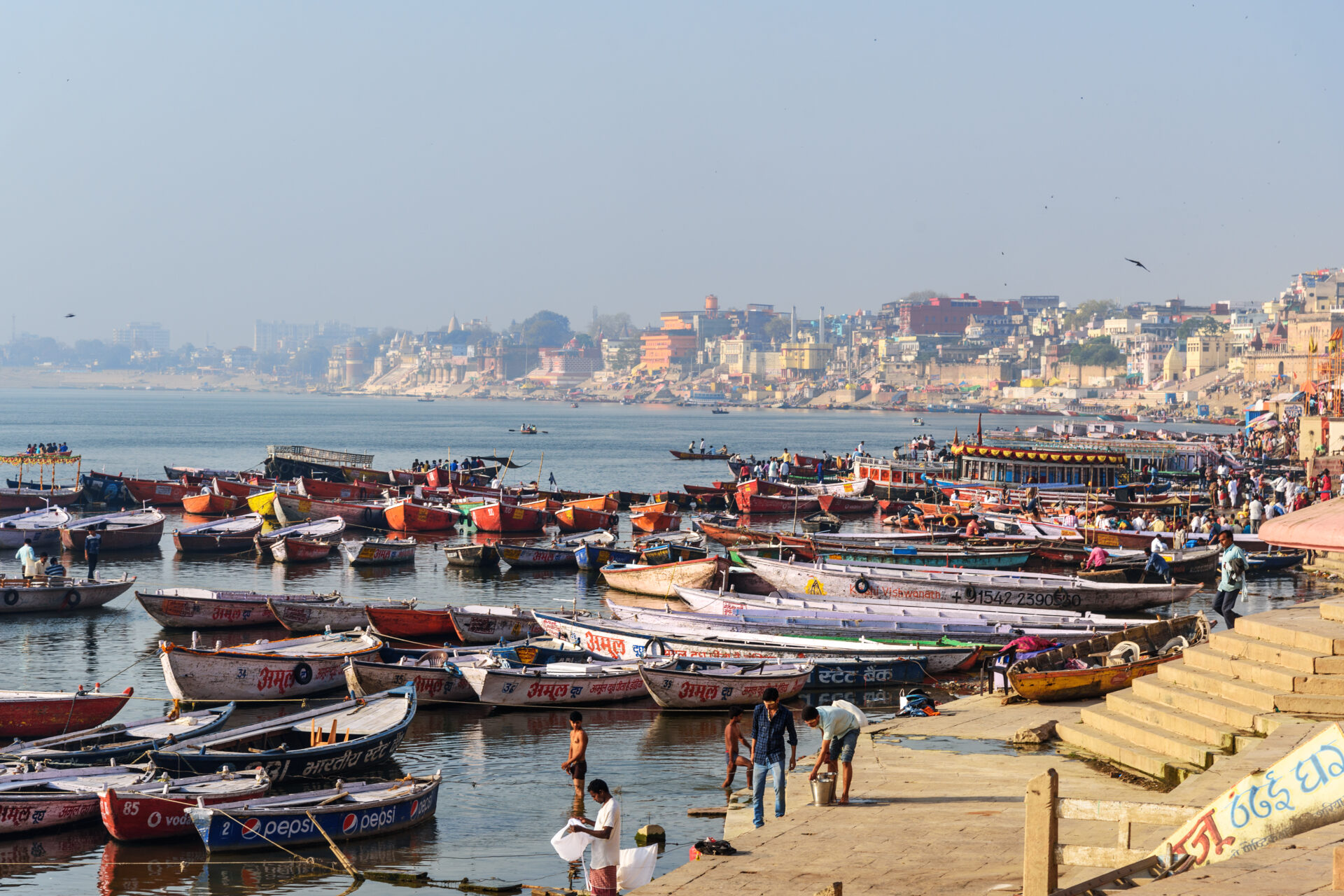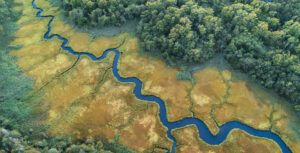WGF contributes to new research study on urban rivers
About Managing Urban Rivers
Managing Urban Rivers: From Planning to Practice captures the different facets of river management required for integrating rivers within the development landscape of cities in a sustainable manner.
Rivers continue to be central for urban life, providing an extensive range of services that form the basis of the city's economic development and its inhabitants' social wellbeing. But often managing and governing urban river systems can be complex. There is a need to reduce this scaler mismatch and re-imagine the connection between cities and rivers to promote sustainable management of urban river systems.
Despite rivers constituting as a lifeblood for cities, it is often neglected within urban water management space which has traditionally been limited to single-sector approach.
There is a need to reduce this scaler mismatch and re-imagine the connection between cities and rivers to promote sustainable management of urban river systems. Over the years, urban decision-makers have started considering interventions for river ecological restoration and waterfront landscape development.
But these have been limited to infrastructural interventions, while the management and governance processes have received limited attention. In the current scenario, with rapid and unplanned urbanization cities facing uncertainties around climate disasters and health crises, the approaches to urban water management must integrate a broad spectrum of issues, e.g., integrated river basin management, ecosystem services, integrating diverse values of river ecosystem in urban water planning and allocation decisions, public-private partnerships and corporate water stewardship, climate change adaption, and water resilience.
Better institutionalization of integrated urban river governance can lead to better implementation and outcomes for a resilient and sustainable urban water system.
Advancing to a more complex approach requires a greater understanding of the different urban river management processes. The chapter addresses this gap and outlines recommendations to enable urban planners, practitioners, and other stakeholders to understand better how to integrate river management within urban planning and urban water management.
The chapter also presents practical tools and case studies that will enable cities to identify and address these governance challenges and strengthen their institutional arrangements for urban river governance.
- S2S approach in Hoi An, Vietnam: Upstream-downstream participatory process in municipal solid waste management
- City Water Resilience Approach: The River City Hull
- Integrated planning: Asuncion’s Metropolitan Area and Paraguay River
A coordinated and integrated approach for managing urban rivers at a city scale and linking it with basin, state, and national level governance processes is fundamental for managing the health of urban rivers as well as meeting the growing water demands.
Application of existing governance framework and approaches such as Source to Sea (s2s) , the City Water Resilience Approach (CWRA), and Urban River Management Plans will guide cities to identify gaps and inform decision-making and investments. These governance approaches reflect a trend toward integrated and collective actions through multi-stakeholder participation and partnerships, critical for cities to address the urban water challenges and meet global goals.
Note
The authors of the book chapter are Panchali Saikia, Katharina Davis, Ruth E. Mathews, Marianne Kjellen, Birgitta Liss Lymer, Swayamprabha Das, Akash Parmar, Robin Ward, Josh Weinberg and Alejandro Jimenez, contributed with varied expertise, ranging from water governance, water, sanitation and hygiene, water resources management, Source to Sea continuum, river management to urban planning.









